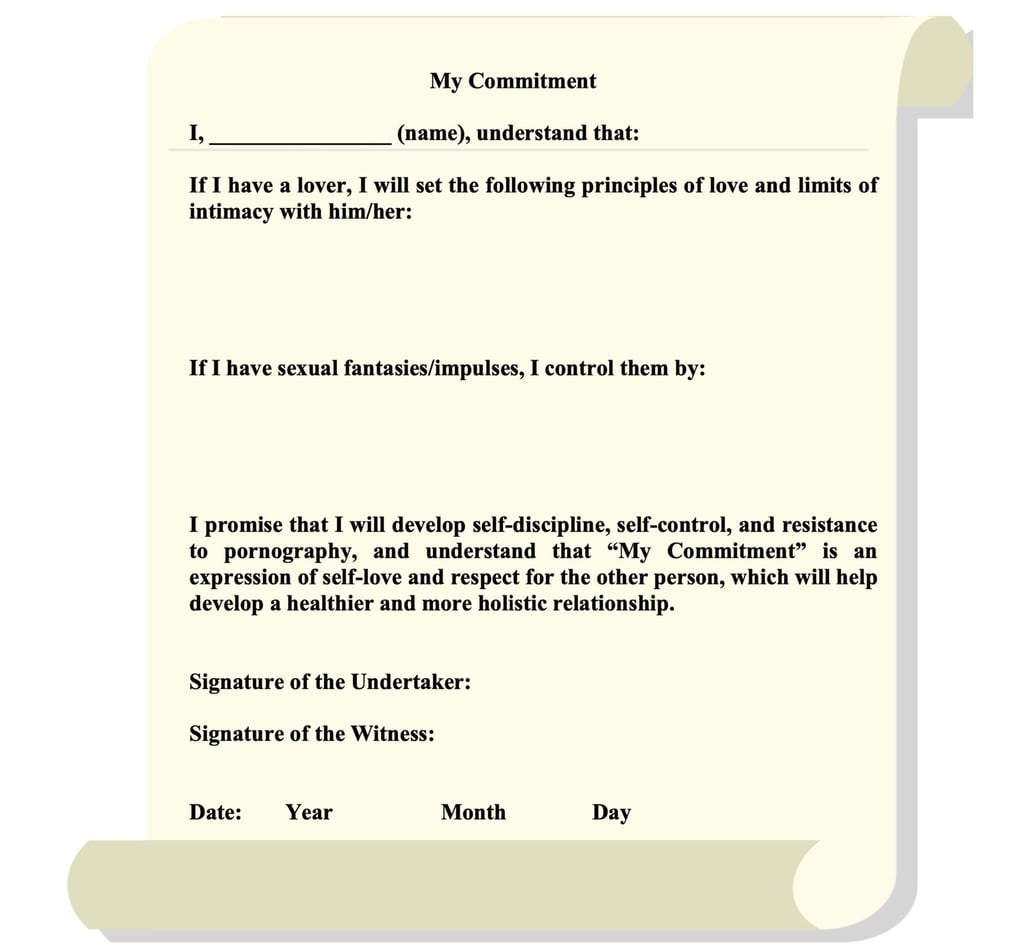Hong Kong leader John Lee defends controversial sex education advice for schoolchildren
An example provided for the “avoid and divert” approach to sexual desire was “go out to play badminton together in a sports hall” when a boy had a physiological reaction when left alone with his girlfriend.
The remark sparked online mockery, with internet users suggesting an invitation to play badminton should be the Hong Kong version of “Netflix and chill”, a euphemism for sexual activity.
Choi said in a television interview that the purpose of sex education was to teach children to “love themselves, respect others and be responsible for themselves”.
“Our approach is not conservative – we wish to protect the young people and equip them with the right values to face adulthood and the complexity of society … and it’s illegal to have sex with an underaged person,” she added.

Sex with a girl aged under 16 can attract a penalty of five years in prison.
If the girl is aged under 13, the maximum sentence is life behind bars.
Choi said that the curriculum for pupils aged 12 to 14 was designed after taking into consideration rapid societal changes and the large amounts of information that young people could access online.
Lee backed Choi and said that the government should help shape society through education.
“Although people could have very different opinions on value education, the government plays a leading role in determining the kind of society it aims to build through education,” Lee added.
“The education we provide should align with our visions, bringing us towards the kind of society, living environment, and societal culture that we aspire to build … this is a continuous and collective effort.”
Sex education experts earlier said the advice reinforced a culture of victim-blaming as a model answer in the material suggested young couples should “dress appropriately to present a healthy image and to avoid visual stimulation from sexy clothing”.
The government document was also said to have neglected discussion of important subjects such as helping young people to identify their own will and express consent.